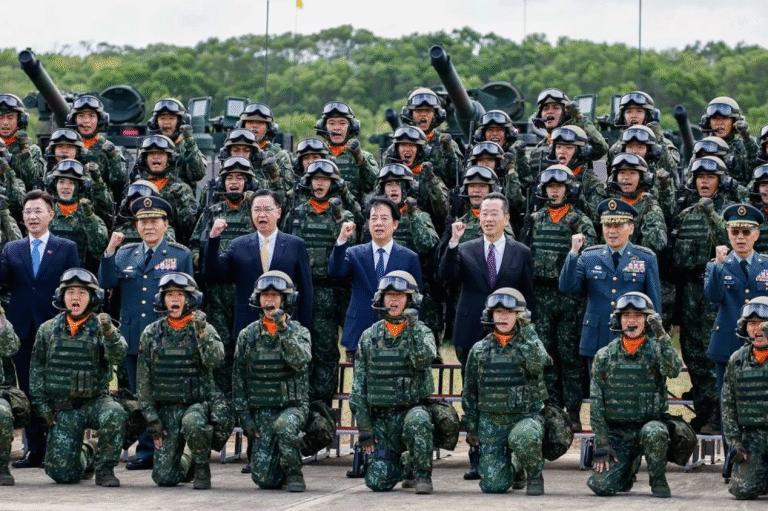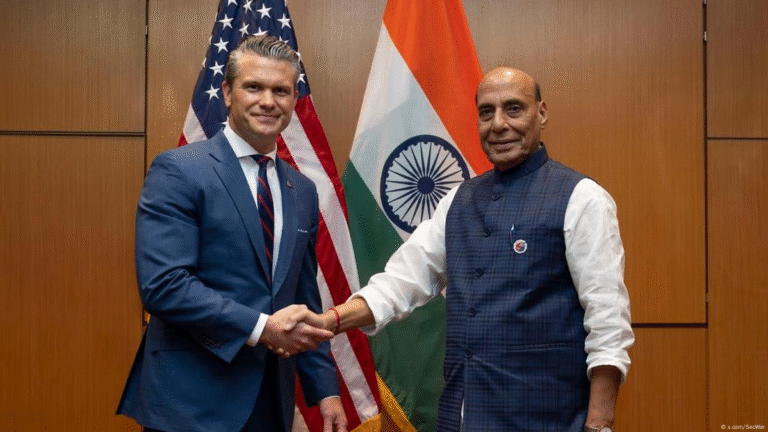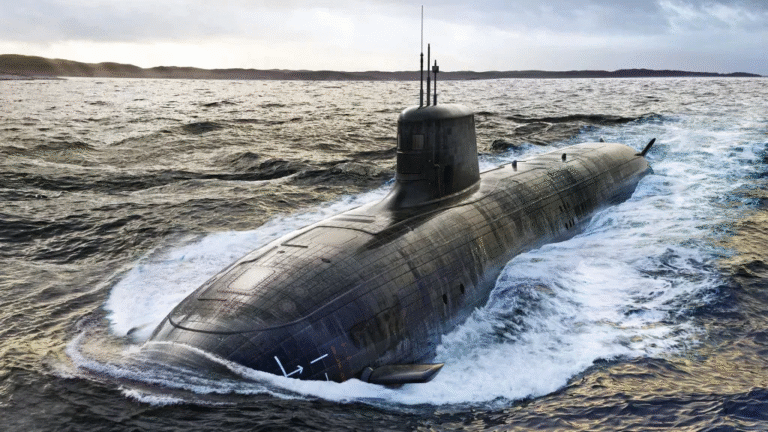
When Commander Tyson Nicholas, of the Royal Australian Navy, deployed to Afghanistan, the Middle East and South Sudan, he saw firsthand how conflict affects people differently – and how critical it is for military leaders to understand those differences to ensure mission success.
“Failing to recognise the gendered patterns of risk and resilience can lead to misreading the environment, and that can undermine the operational effectiveness of the forces under your command,” Commander Nicholas said.
As Australia marks 25 years since the adoption of United Nations Security Council Resolution 1325 on Women, Peace and Security (WPS), Defence leaders are being reminded that WPS is not just a policy commitment – it is a strategic enabler.
For Commander Nicholas, now serving as Strategic Military Adviser to UN Women in New York, the message is clear: gender perspectives are not an optional extra. They are essential to mission success.
“This is about leadership. It’s about asking: what type of leader do I want to be? How does my leadership enable tactical, operational and strategic outcomes aligned with both the mission and our obligations under the WPS agenda?”
He believes the responsibility of leadership is twofold: to lead by example and to create a culture of accountability.
“What gets resourced and measured gets done. If WPS isn’t prioritised in planning, resourcing and reporting, it won’t be integrated. When gender perspectives are embedded in orders, operational priorities and reporting systems, they become part of how militaries think and operate.”
While gender advisers play a vital role, Commander Nicholas said that successful implementation of WPS requires every staff branch to instinctively consider gender in their work.
“Gender-responsive leadership helps safeguard civilians, reduce harm and strengthen deterrence. It also enhances legitimacy and contributes directly to national defence.”





